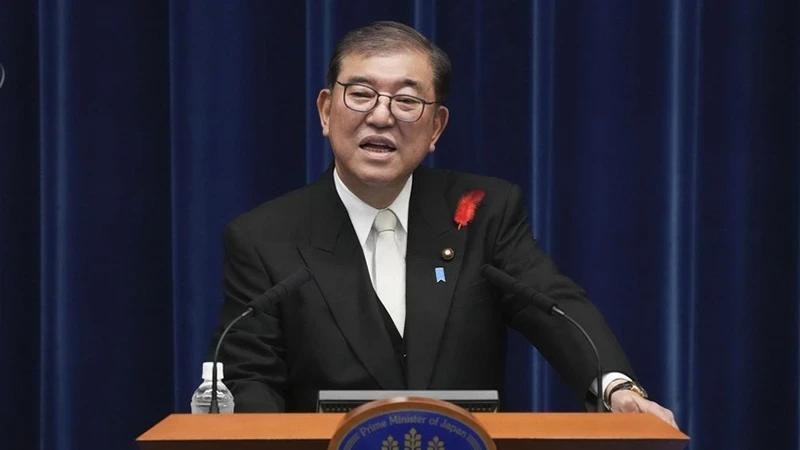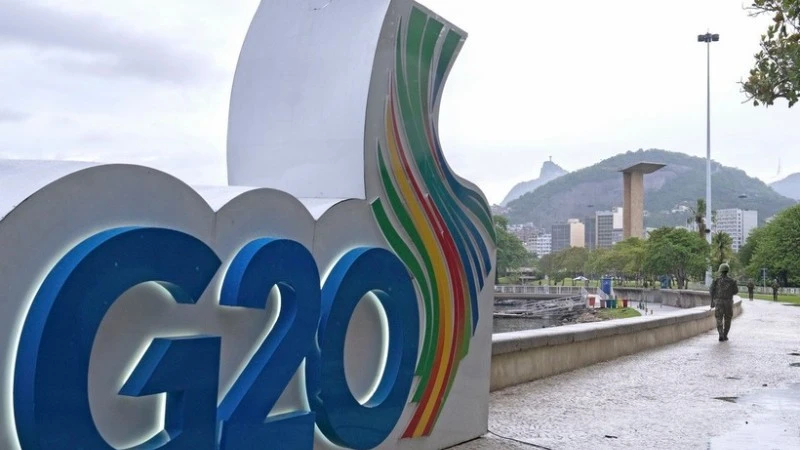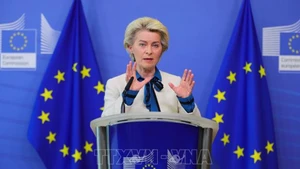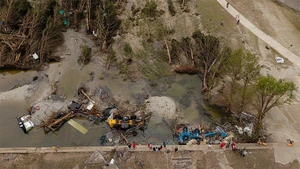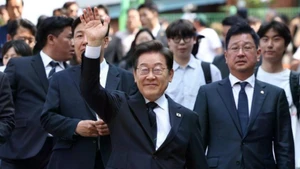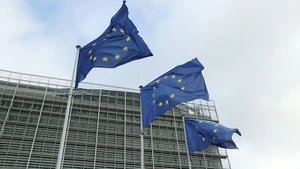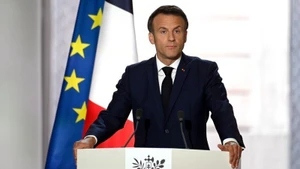At the turn of the year, between 2024 and 2025, in a televised speech, Prime Minister Ishiba Shigeru emphasised the government's determination to bring prosperity and smiles to the people. However, he also acknowledged the country faces a range of challenges, including an increasingly complex international situation and a severe population decline that weakens the competitiveness of the economy.
For the first time in 15 years, the ruling coalition in Japan has lost its majority in the House of Representatives, while the opposition has gained strength, making Japan's political landscape even more unpredictable. In an interview with the press, Prime Minister Ishiba Shigeru acknowledged that with the current minority government, if the opposition parties do not provide their support, no policies will be passed, and this is a reality that the government must face.
An analysis published in The Japan Times stated that the "big test" for the Japanese Government will come at the beginning of 2025. This will involve many proposed resolutions, notably the draft budget for fiscal year 2025, which needs to be approved at the first National Diet session in 2025, scheduled to open on January 24. Japan will also hold a House of Councillors election in 2025. This puts pressure on Ishiba's administration, as the ruling coalition's majority in the House of Councillors could be at risk if he fails to regain public trust in the government, especially after the fundraising scandal involving the Liberal Democratic Party (LDP).
Amid the official inauguration of Donald Trump as the 47th President of the US, there are growing concerns that he may implement protectionist trade policies that could negatively impact Japan's economy and revive demands for Tokyo to contribute more towards the cost of hosting U.S. military forces in the country.
During Trump's first presidential term, thanks to the close relationship between him and then-Japanese Prime Minister Abe Shinzo, issues in US-Japan relations were largely resolved smoothly. Shortly after Trump's recent inauguration, Prime Minister Ishiba expressed his desire to meet President Trump in the US soon for direct discussions aimed at building trust and exploring ways to ensure that the bilateral relationship contributes to global peace and economic prosperity.
Japan's economy is expected to continue growing at a moderate pace in 2025. The Organisation for Economic Cooperation and Development (OECD) forecasts Japan's economy will grow by 1.5% in 2025. However, economists are concerned that the US may impose higher tariffs on imports from China and other countries, which could slow global economic growth and negatively impact Japan. The low birth rate is also another serious issue. Professor Hiroshi Yoshida of the Centre for Economic and Political Research on Aging at Tohoku University has warned that Japan may have fewer than one child under the age of 14 by 2720 if the birth rate continues at its current level.
Faced with numerous challenges in politics, the economy, security, and diplomacy, Japan's Prime Minister Ishiba reaffirmed his determination to push forward with strong reforms to ensure a bright future for the country during his first press conference of 2025. The road ahead for Japan's government, led by Prime Minister Ishiba, is full of challenges but also presents an opportunity for the veteran politician and his team to assert their credibility and capabilities.
